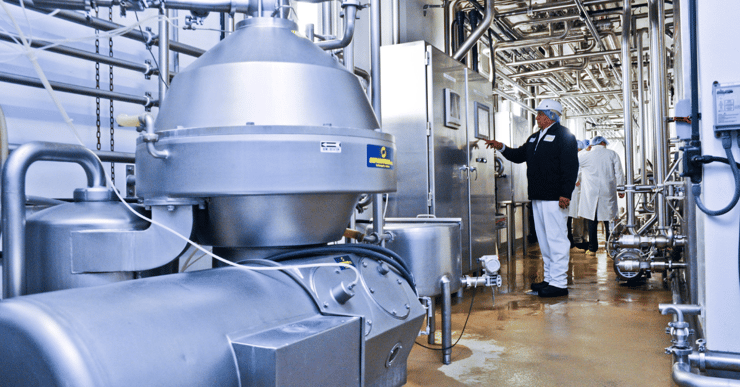When you're familiar with centrifuges, you'll see they are simple machines. They do one job, and when they're properly outfitted and operated, they do that one job extremely well. Our training and consulting services educate owners and operators on how to successfully run their equipment and optimize their separation process.
Optimize Your Separation Process with Consulting
1. EDUCATE NEW EMPLOYEES AND OWNERS
2. Learn Proper Centrifuge Maintenance
Centrifuges require routine maintenance in order to function properly. The industry standard is to provide top-end service every six months and a full rebuild once per year, but your equipment may require maintenance more or less often, depending on your on flow rate. Maintenance requirements go by how much material is processed by the machine.
3. Assess Current Processes
Learning your facility's maintenance needs starts with understanding your current process. While each machine is rated at how many pounds of material it can process per hour, centrifuges are only able to process at that rate under optimal circumstances.
If you're feeding a machine at its maximum flow rate and product quality is inadequate, there's some type of issue. Through consulting, your staff will be able to identify process problems and proactively act upon them.
4. Understand Automation and Machine Settings
5. Uncover Equipment Recommendations
6. Extend Your Centrifuge Equipment's Usable Life
You want your centrifuge to be operated by a knowledgeable operator who knows how to identify separation issues, provide basic maintenance, and perform valve adjustments. Operators should also know when problems can be troubleshot in-house and when a technician needs to be called. When a centrifuge is operated, automated, maintained, and serviced correctly, you can consistently optimize separation processes.

